Factors to Consider when choose LCD Module
An LCD module is a sophisticated display technology that employs liquid crystals to modulate light and create images. Its compact form factor, energy efficiency, and ability to display high-quality visuals make it a preferred choice across a multitude of devices, ranging from smartphones and laptops to medical equipment and automotive dashboards.

Applications Across Industries
LCD modules find applications in diverse industries, each harnessing their unique features for tailored solutions.
Consumer Electronics
The consumer electronics sector, including smartphones, tablets, and televisions, relies heavily on LCD (Liquid Crystal Display) modules to deliver captivating visuals, exceptional color accuracy, and energy-efficient performance to end-users.
Medical Equipment
In medical settings, LCD modules are pivotal in diagnostic equipment, patient monitoring systems, and medical imaging devices. Their ability to render detailed images with precision aids healthcare professionals in accurate diagnosis and treatment planning.
Automotive Displays
Modern vehicles incorporate LCD modules in their dashboards, infotainment systems, and heads-up displays. These modules provide drivers with crucial information, entertainment options, and navigation assistance, contributing to a safer and more convenient driving experience.
Additional reading:Explore The Range of Waterproof Connectors Suitable for Motors
How to waterproof LCD display?
LCD Display Backlight
Understanding different polarizers
Why Should Companies Invest In High-Quality Adss Cable Accessories?
Frequently Asked Questions about Waterproof Flexible Metal Conduit
Top 10 Diesel Generator Manufacturers
Industrial Control Systems
Industrial sectors benefit from LCD modules in control panels and human-machine interfaces. The robust construction of these modules ensures reliable performance in challenging environments.
Enhancing Performance: Factors to Consider
1. Brightness and Contrast Ratio
When evaluating LCD modules, the brightness and contrast ratio are pivotal factors. Higher brightness ensures visibility in various lighting conditions, while an optimal contrast ratio enhances the distinction between light and dark areas on the display.
2. Response Time
Response time refers to how quickly pixels transition from one color to another. Lower response times reduce motion blur, making LCD modules suitable for applications involving fast-paced visuals, such as gaming and video playback.
3. Viewing Angles
Wide viewing angles are essential, particularly in settings where multiple individuals view the screen simultaneously. Advanced LCD technologies ensure consistent image quality across a range of viewing angles.
4. Power Efficiency
Energy efficiency is a critical consideration, especially in portable devices. LCD modules with energy-efficient backlighting technologies contribute to prolonged battery life.
Selecting the Right LCD Module for Your Needs
Choosing the ideal LCD module for your project necessitates a clear understanding of your specific requirements and the technical aspects of available options. Consider factors such as display size, resolution, touchscreen capabilities, and the intended application environment.
Additional reading:The Advantages of High Brightness Monitors
Unveiling the Ultimate Guide to Selecting the Best Ebike Battery Connectors
What are the advantages of Single Phase Hybrid Inverter?
What is the cost of setting up a lithium battery module pack assembly line?
How Do You Select A Polymer Insulator?
Understanding the Distinction: J-Bolt vs. Anchor Bolt
Understanding Barcode Scanner Programming
171
0
0
Related Articles
-
195
0
0
-
228
0
0


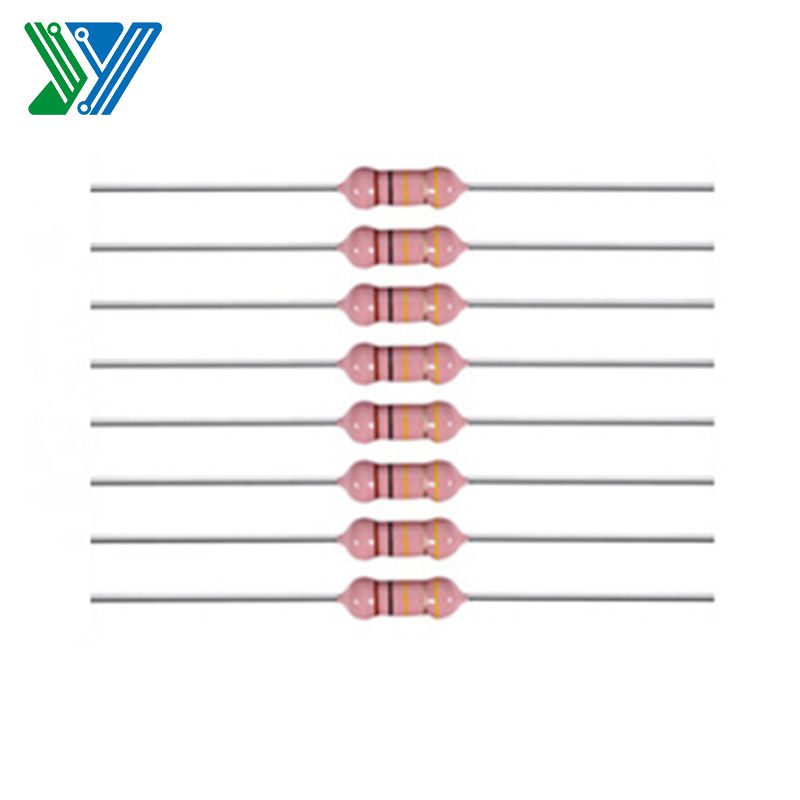
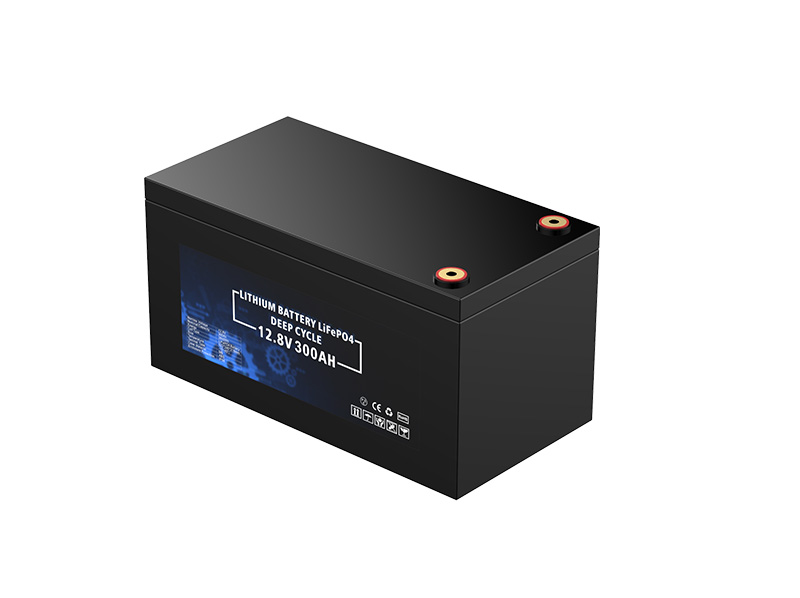

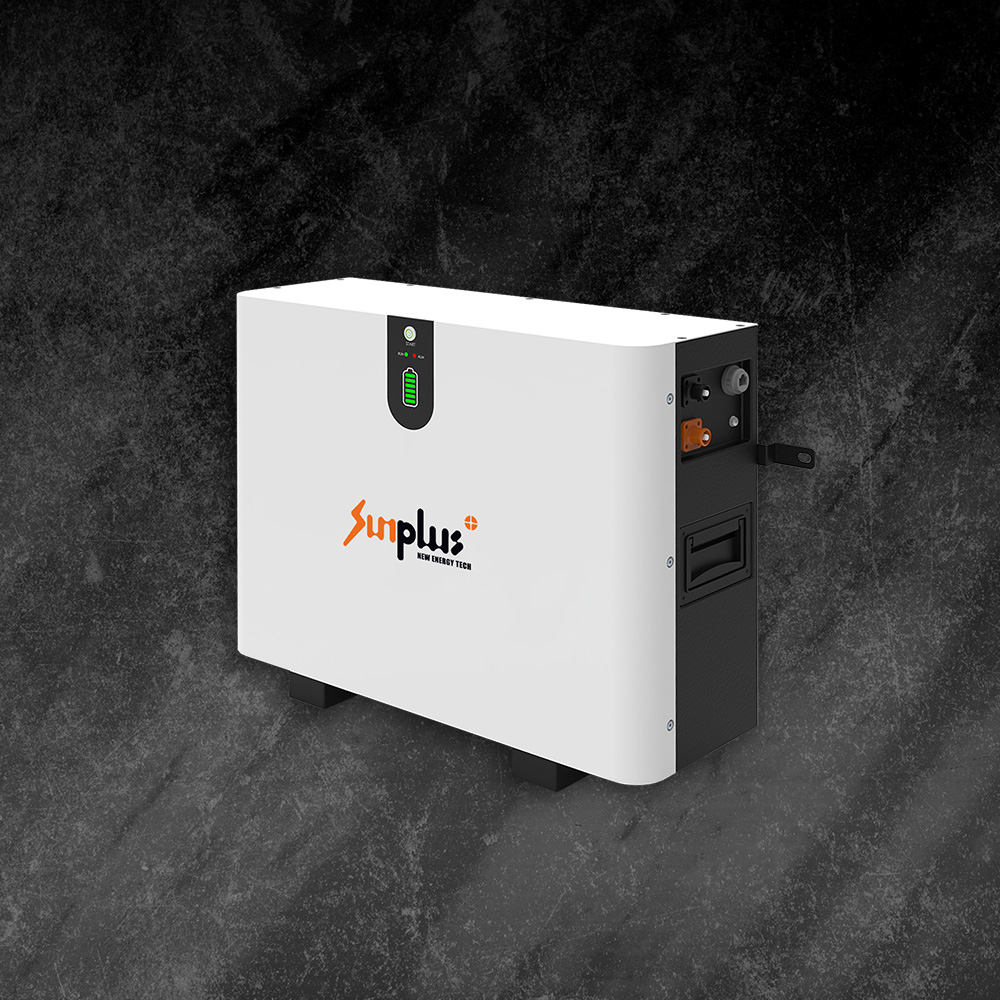
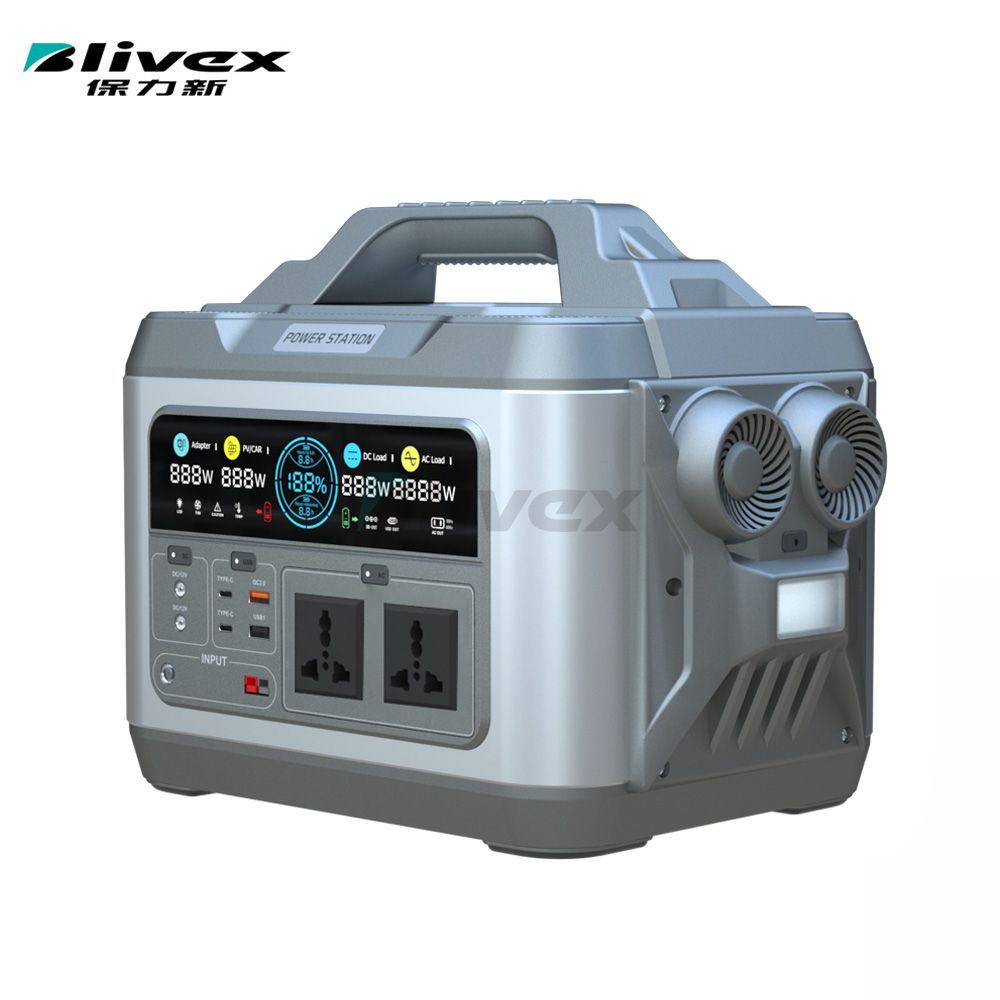

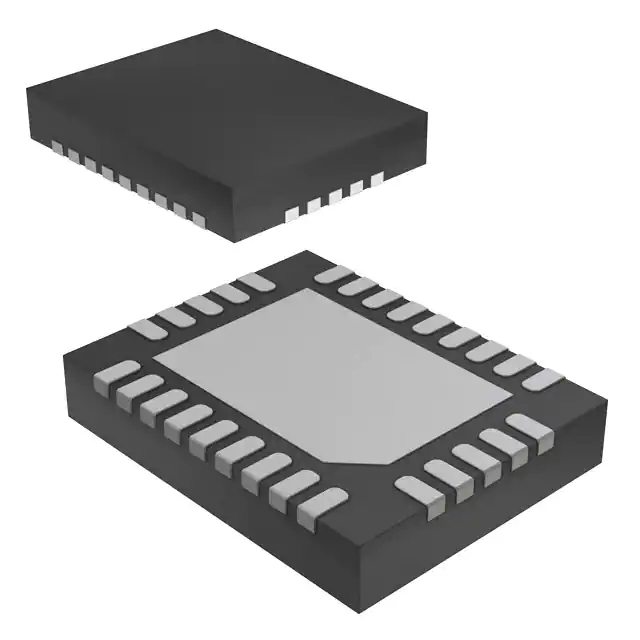
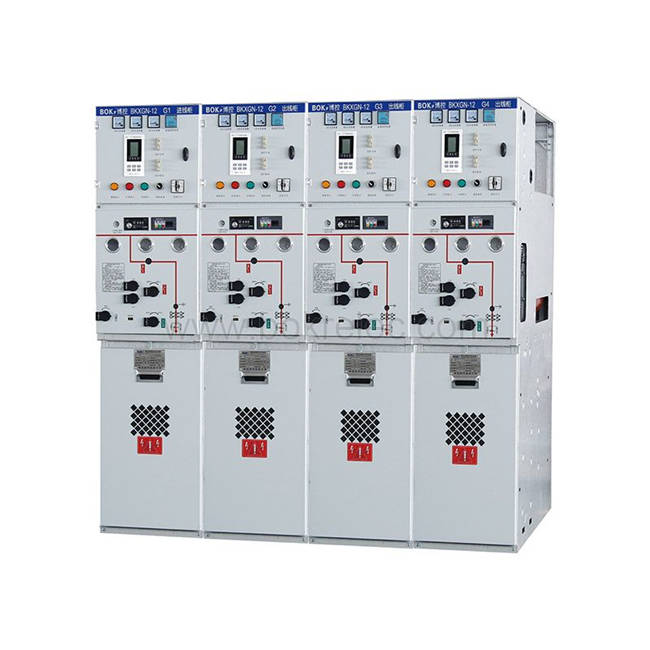
Comments
All Comments (0)